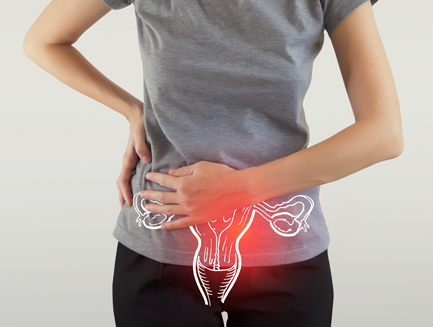Your Team for OB/GYN Care
When it comes to women’s health, we know you expect the best. Our health care team provides comprehensive obstetric and gynecologic care to women of all ages. In addition to traditional ob/gyn care, we also offer minimally invasive surgery and pelvic treatment and surgery.
Explore our services and let us guide you through your gynecologic care through every stage of life.
Now Offering TeleHealth!
Rowan Medicine OBGYN is proud to provide the following TeleHealth services:
- Routine OB/pregnancy care visits
- Problem GYN visits
- Surgical consults
- Birth control consults
- Infertility consults
- Preconceptual counseling
- Vaginitis/STI testing
- Addressing menopausal symptoms
- Routine post-partum visits
- Routine post-op visits
- Follow-ups related to: IUD, birth control, lab results, medication adjustments

Our Providers

OB/GYN Services

Minimally Invasive Surgery

Chronic Pelvic Pain
What We Do
Below are some of the conditions we treat and the services we offer. Visit Our Provider page to schedule an appointment today!
- Behavioral and Lifestyle Modifications
- Birth Control
- Botox
- Breast Cancer Screening
- Breast Exams
- Care of Menstrual Disorders
- Cervical Cancer Screening
- Cervical Polypectomies
- Colposcopy
- Contraceptive Education and Management
- Cosmetic Injectables
- Cryotherapy
- HPV Vaccination
- Hysterectomy
- Hysterosalpingogram (HSG)
- Hysteroscopy
- Interstim Neuromodulation
- Laparoscopy
- Medication
- Menopause Management
- Novasure Ablation
- One-Incision Laparoendoscopic Single-Site (LESS)
- Osteoporosis Screening
- Pap Smearns
- Permanent Sterilization
- Preventative Exams
- STI/STD Diagnosis
- STI/STD Treatment
- Targeted Physical Therapy
- Vaginal Slings
- Vaginal Surgery with Grafts
- Vaginal Surgery without Grafts
- Vulvar Biopsies

